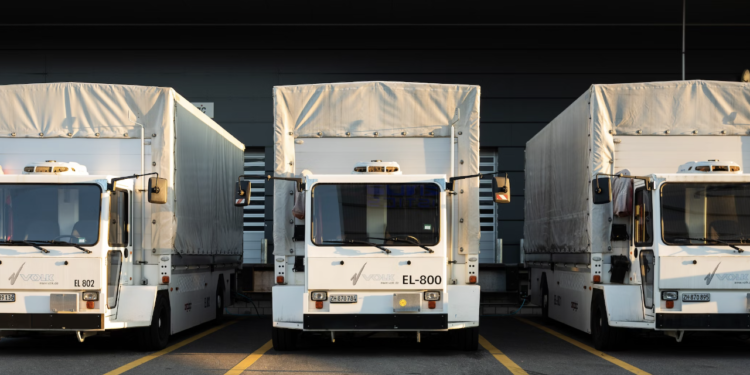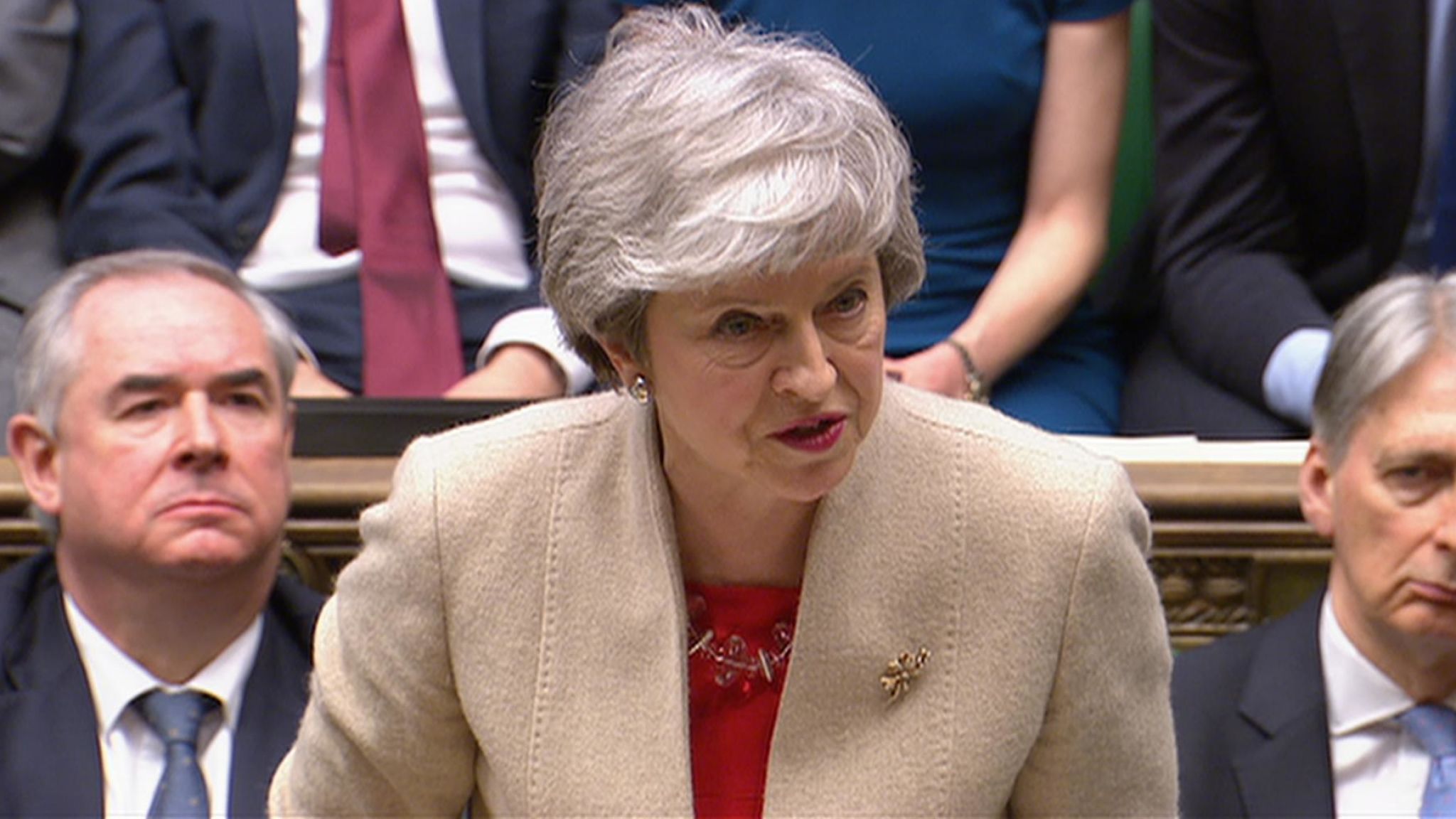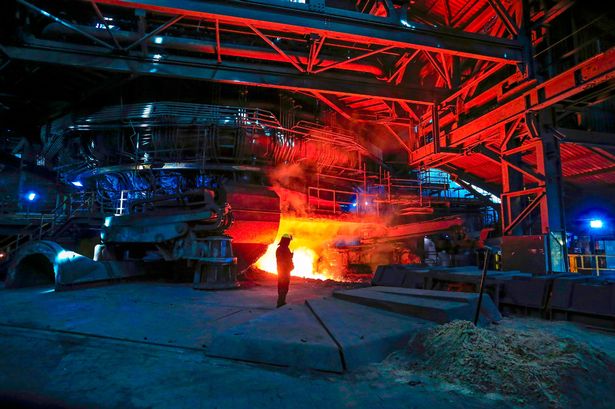In an ambitious move to transform the UK’s transport sector, Protium, the country’s premier green hydrogen energy company, along with its partners, has obtained over £30 million in funding from the Department for Transport and Innovate UK. This financial boost is earmarked for the pioneering Hydrogen Aggregated UK Logistics (HyHAUL) project, a cornerstone in the UK Government’s mission to achieve zero emissions in the heavy goods vehicle (HGV) domain.
The Haulage Sector’s Green Turnaround
The UK’s haulage sector, currently responsible for 19% of domestic transport emissions, stands on the brink of a major transformation. HyHAUL targets the decarbonisation of this sector, focusing on the heaviest and most polluting HGVs, including those weighing up to 44 tonnes. The project aims to introduce 30 hydrogen fuel cell HGVs by 2026, primarily along the M4 corridor, with a broader goal of deploying 300 vehicles by 2030. This initiative marks a significant step in demonstrating viable alternatives to diesel-fuelled vehicles, essential for rapid decarbonisation.
HyHAUL Infrastructure
The HyHAUL project is led by Protium and comprises a consortium that spans the entire hydrogen HGV value chain. This includes green hydrogen generation, logistics, refuelling infrastructure providers, and fuel cell HGV manufacturers. Initial phase partners include NRG Riverside, ReFuels’ CNG Fuels, Scania, and Reynolds Logistics, with trucks supplied by various OEMs and hauliers like EV Cargo and FSEW, known for their commitment to decarbonisation.
Operational Insights and Wider Impact
HyHAUL is set to provide valuable operational data on the performance of first-generation fuel cell electric trucks, crucial for overcoming barriers to broader industry adoption. The project will also stimulate future demand for green hydrogen, supporting the UK’s wider hydrogen economy.
Leadership Perspectives on HyHAUL
Chris Jackson, CEO of Protium, emphasised the project’s potential in reducing emissions in long-distance haulage and achieving Protium’s ambitious target of cutting the UK’s CO2 emissions by 1 million tonnes annually by 2030. Geoff Tomlinson of FSEW highlighted hydrogen fuel cell technology as the future of heavy-goods transport, contributing to their goal of operational net zero by 2024. Philip Fjeld of ReFuels discussed the project’s alignment with their vision for zero HGV fleet emissions. Andrew Reynolds of Reynolds Logistics expressed pride in demonstrating hydrogen’s potential in the HGV sector. Russ Markstein of NRG Riverside noted the project’s role in promoting hydrogen-powered vehicles in the UK market.
Government Support and Broader Goals
The UK Government, through its Hydrogen Strategy and the Welsh Government’s National Transport Delivery Plan, backs HyHAUL. Roads Minister Richard Holden and Decarbonisation Minister Jesse Norman acknowledged the sector’s importance and the government’s commitment to decarbonising freight, investing significantly in zero-emission trucks and green tech innovation.
The HyHAUL project represents a landmark effort in the UK’s journey towards net zero emissions, specifically targeting a traditionally hard-to-abate sector. By mobilising a comprehensive value chain and demonstrating viable, scalable zero-emission solutions, HyHAUL is not just a testament to green innovation but a beacon for global environmental stewardship in the transport sector.





















